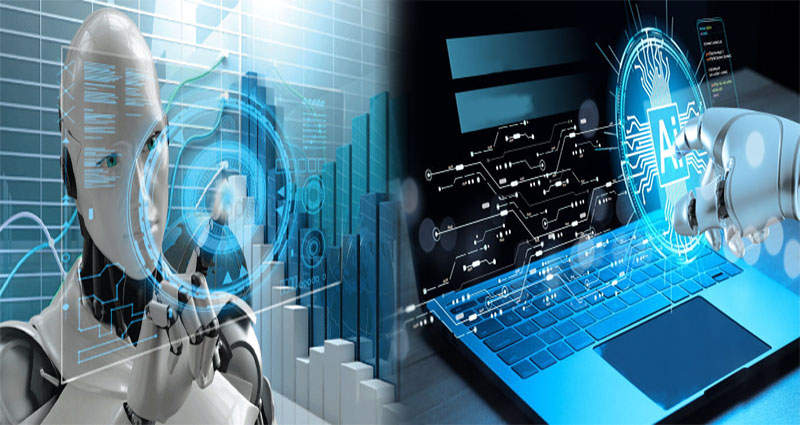Artificial Intelligence (AI) technologies encompass a wide range of approaches and tools that have transformative applications across various domains. Understanding the different types and applications of AI is essential for comprehending the diverse ways in which this powerful technology is shaping the modern world. In this article, we will explore the types and applications of AI technologies and their impact on industries and society.
1. Natural Language Processing (NLP)
Natural Language Processing is a branch of AI that focuses on enabling machines to understand, interpret, and generate human language. NLP technologies encompass tasks such as language translation, sentiment analysis, and text summarization. Applications of NLP include virtual assistants like Alexa and Google Assistant, language translation services, and chatbots used in customer support.
2. Computer Vision
Computer Vision is a field of AI that enables machines to interpret and analyze visual information from the real world. Computer vision technologies are used in applications such as facial recognition, object detection, and image classification. Areas of application include autonomous vehicles, quality control in manufacturing, and augmented reality experiences.
3. Machine Learning
Machine Learning is a fundamental component of AI that involves developing algorithms and models that enable machines to learn from data and improve their performance over time. Machine learning techniques find applications in predictive analytics, recommendation systems, and anomaly detection. Industries such as finance, healthcare, and e-commerce leverage machine learning for fraud detection, personalized medicine, and targeted marketing.
4. Robotics
Robotics and AI technologies converge in the development of intelligent robots that can perceive their environment, make decisions, and execute tasks autonomously. Robotics applications include industrial automation, logistics and supply chain management, and assistive technologies for individuals with disabilities. AI-powered robots are revolutionizing manufacturing processes, warehouse operations, and healthcare assistance.
5. Speech Recognition
Speech Recognition technologies enable machines to recognize and transcribe spoken language into text. Speech recognition applications range from virtual assistants and voice-controlled devices to dictation software and interactive voice response systems. In healthcare, speech recognition is used for clinical documentation, while in retail, it powers voice commerce experiences.
6. Generative Adversarial Networks (GANs)
Generative Adversarial Networks are a type of AI technology that involves training two neural networks to generate new, synthetic data that resembles real data. GANs have applications in creating deepfake videos, generating realistic images, and enhancing creative content generation. While GANs raise ethical considerations, they also fuel innovation in entertainment, art, and design industries.
The diverse types and applications of AI technologies showcase the breadth and depth of this transformative field. From NLP and computer vision to machine learning, robotics, speech recognition, and GANs, AI technologies continue to revolutionize industries and drive innovation across the globe.
Understanding the capabilities and implications of these AI technologies is crucial for harnessing their potential for positive impact while addressing ethical considerations and challenges. As AI technologies continue to evolve, the opportunities for their integration into various domains will shape the future of technology, business, and society at large.









